Writing Your Story is Only the First Step
Ponder this quote from the blog of author and freelance editor, Maryanne Miller (http://bloodredpencil.blogspot.com/2010/01/things-that-drive-editor-crazy.html):
“Developing the story and getting it down on paper – or stored on your hard drive – is only the first step in writing a book. The next couple of steps are crucial and infinitely more difficult – at least I think so. Rewriting and editing to find just the right words and phrases can lift an average book into the realm of good and maybe even great.”
Fess up, now. If you love to tell stories passionately enough that you are willing to endure and even master all the nit-picky “jots and tittles” we more commonly refer to as the rules of phonics, grammar, and punctuation, would it be stretching assumption too far to guess that you just might be a bit of a perfectionist? Might have trouble turning off the editor inside your head long enough to actually finish the story? And, once it’s told, might be just a teensy bit defensive regarding its pristine perfection?
Learning that writing the story is only Step One continues to be one of the hardest lessons for me. Like most writers, I’m conscientious to a fault. Just “good enough” is rarely good enough with me. I “do my best” out of habit, and by the time I let anyone else read a piece, it’s already as good as I know how to make it. If they find fault with it, I don’t know how to make it any better…yet.
That’s what’s called bumping up against my learning curve. Being a (recovering) perfectionist doesn’t mean I think I already am perfect, just that I’d like to become more perfect. And finding the weak parts in my story gives me an opportunity to learn new skills.
Here’s what works for many writers:
Turn off your inner editor long enough to get a rough draft down on paper. Proper spelling and punctuation are such a distraction to me that sometimes I even close my eyes while I’m typing a scene. Just letting the movie in my head play, I type as fast as I can to get down the best action, dialogue, and sensory/setting tidbits.
Read over what you’ve written, preferably aloud, and catch any obvious errors as you go. Spell check is my friend. Grammar check, not so much. Sometimes my computer and I disagree.
Now read the scene out loud again. This time, just listen. Do the words sing? Over time, you’ll develop a sense for pinpointing the notes that are “off.” Does a certain word or phrase show up repeatedly? Could the dialogue be snappier? Are your characters unique? Do their actions show their personalities? I have found that some issues are almost never a problem for me. That’s very encouraging. Helps to balance out the growing list of writing issues that crop up in patterns in my rough drafts. (For me, it’s usually a “pet” word. I also tend not to let my characters show enough emotion.) I am building a checklist tailored to my own weaknesses and a file of tools for fixing them.
When the scene really is as good as you can make it, that’s the time to let others read it. I have two small groups of people who read my stories. One is made up of friends and family. They give me encouraging, positive feedback and inspire me to keep writing as they hound me for the next chapter and the next. The other group, though, doesn’t let me off so easily. They’re friends, too, but the friends in the second group are other writers. They know a thing or two about the craft. They’re good at skills I’m still working on. And they give it to me straight—“speaking the truth in love,” of course. “Faithful are the wounds of a friend.” And when they’ve finished making suggestions, guess what?
I get to edit the scene again!
When a story is finally, finally as good as I can make it, I submit it to a publishing editor, and guess what? Yup…MORE edits!
I’ll admit there are times I’ve wanted to throw up my hands in frustration, BUT with each edit the story gets better and stronger. The bad news that a story can always be improved is also the good news. Even famous authors continue to grow and improve over the course of their careers, but it didn’t stop their earlier works from being published. With practice and experience we become better. And really, being the perfectionist I am, isn’t that a good thing? When I look at it that way, edits are almost fun.
Almost.
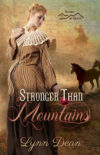
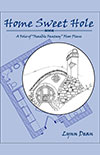


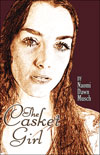
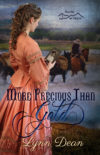
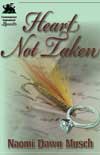
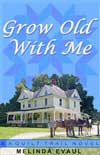
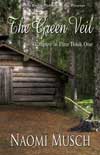

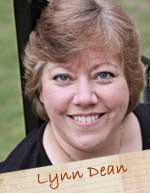


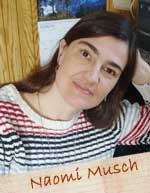


Speak Your Mind
You must be logged in to post a comment.